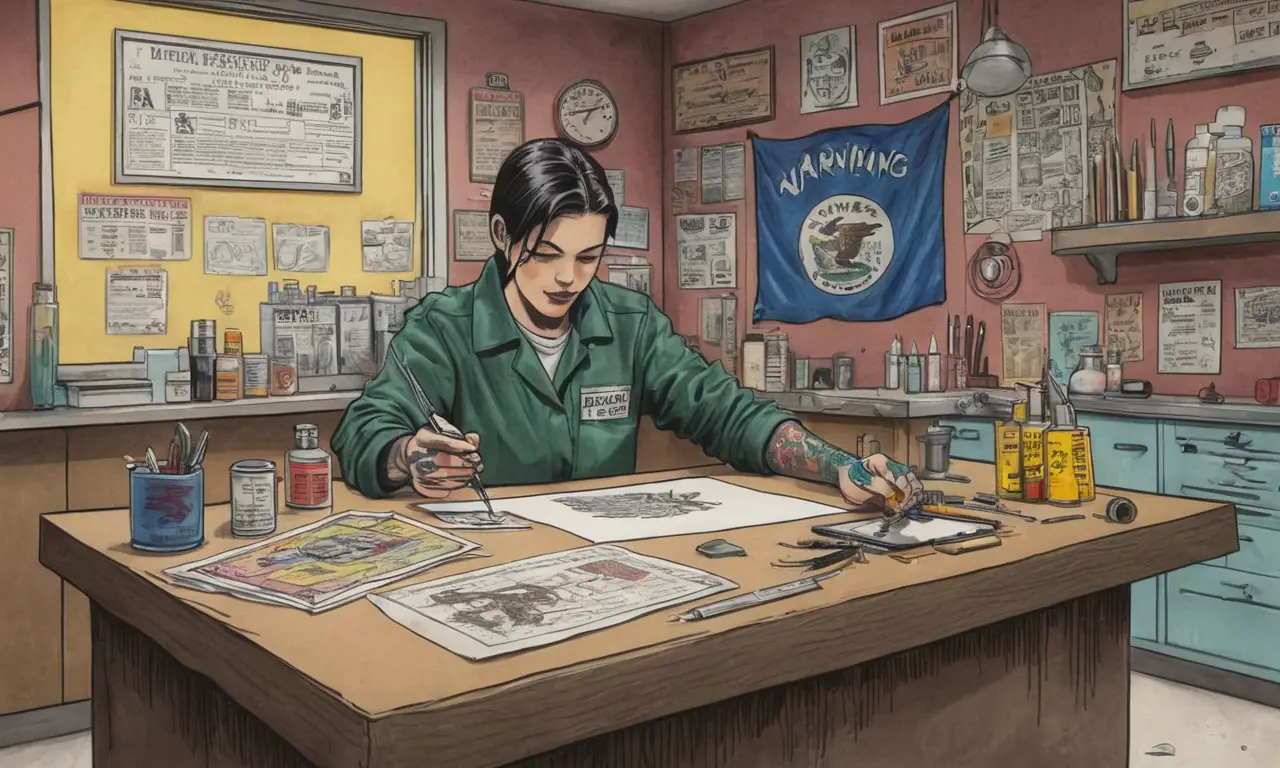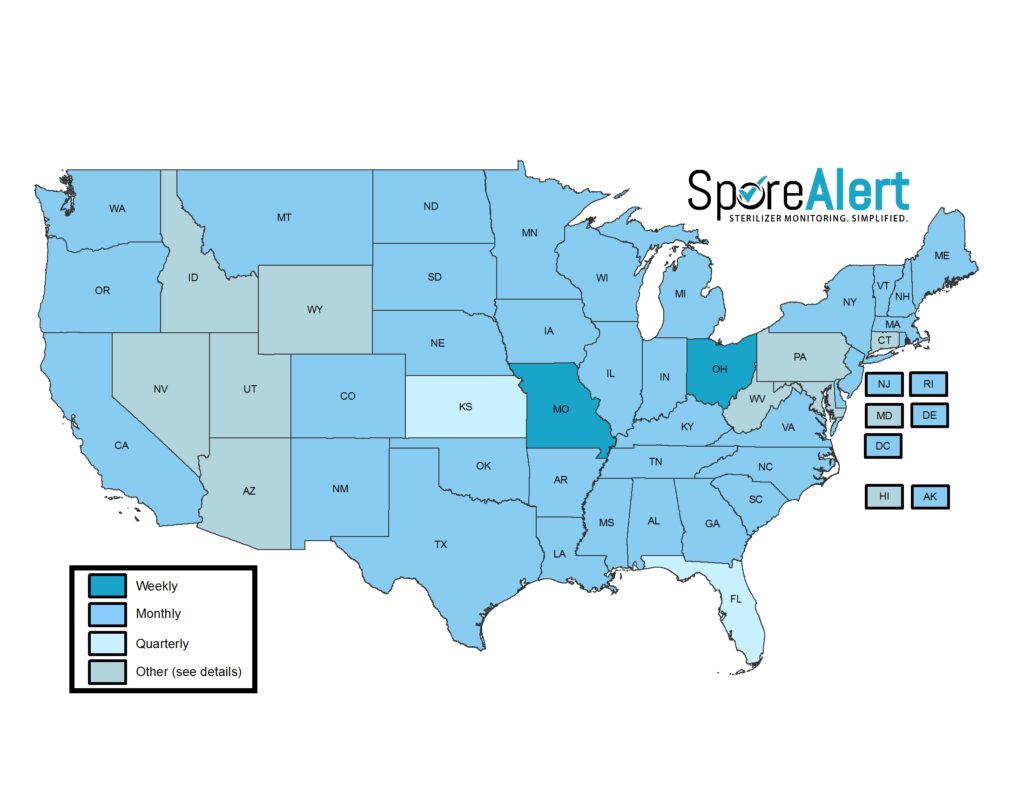Getting a tattoo is a significant decision, one that involves both personal expression and health considerations. Understanding the legal framework surrounding tattoos is essential for anyone considering getting inked in South Carolina. This article delves into the specific tattoo laws south carolina enforces, covering age requirements, licensing regulations for artists, safety protocols, parental consent for minors, and guidelines for tattoo businesses operating within the state.
By outlining these key aspects of south carolina tattoo laws, this guide aims to provide a comprehensive understanding of the legal landscape surrounding tattoos in South Carolina, empowering both individuals seeking tattoos and those involved in the tattoo industry.
South Carolina Tattoo Age Requirements
In South Carolina, the minimum age to receive a tattoo is 18 years old. This means that anyone under the age of 18 cannot legally consent to getting a tattoo, regardless of parental presence. The law aims to protect minors from potential health risks and ensure they have reached a level of maturity to make informed decisions about permanent body modifications.
It’s important to note that even if a minor is accompanied by a parent or guardian, the tattoo artist cannot legally perform the procedure without proper documentation proving the individual is 18 years or older. Attempting to circumvent these age restrictions can result in serious legal consequences for both the tattoo artist and the individuals involved.
Licensing Requirements for Tattoo Artists in SC

To operate legally as a tattoo artist in South Carolina, individuals must obtain a license from the state’s Department of Health and Environmental Control (DHEC). This licensing process ensures that tattoo artists meet specific health and safety standards, protecting both themselves and their clients.
The DHEC requires applicants to undergo training programs approved by the agency, pass a written exam demonstrating knowledge of sanitation practices and infection control procedures, and provide proof of criminal background checks. Licensed tattoo artists are also required to adhere to ongoing education requirements to maintain their licenses and stay up-to-date on best practices in the field.
Tattoo Safety and Hygiene Regulations
South Carolina enforces strict safety and hygiene regulations for all tattoo businesses operating within the state. These regulations are designed to minimize the risk of infections and other health complications associated with tattooing. Tattoo artists must adhere to a comprehensive set of guidelines, including:
Sterilization Procedures
- All equipment used in tattoo procedures must be sterilized using approved methods, such as autoclaves or high-level disinfectants.
- Single-use items, like needles and tubes, should be discarded after each use.
- Work surfaces must be thoroughly cleaned and disinfected between clients.
Bloodborne Pathogen Control
- Tattoo artists must follow strict protocols for handling bloodborne pathogens, such as HIV and Hepatitis B and C. This includes wearing personal protective equipment (PPE), like gloves and masks, and properly disposing of contaminated materials.
Client Consultation
- Before performing a tattoo, artists are required to consult with clients about their medical history, allergies, and any potential risks associated with the procedure.
Parental Consent for Minors

As mentioned earlier, individuals under 18 years old cannot legally receive tattoos in South Carolina. If a minor wishes to get a tattoo, they must obtain written consent from both parents or legal guardians. This consent form must be signed by both parents and presented to the tattoo artist before the procedure can begin.
The purpose of parental consent is to ensure that minors are not pressured into getting tattoos without proper understanding of the implications. It also allows parents to have a say in their child’s decision and provide guidance based on their values and beliefs.
Tattoo Business Operations in South Carolina
Tattoo businesses operating in South Carolina must comply with various regulations beyond those related to individual artists. These regulations cover aspects such as business licensing, sanitation inspections, and employee training.
Business Licensing
- All tattoo businesses must obtain a license from the DHEC before opening their doors. This involves submitting an application, paying fees, and undergoing inspections to ensure compliance with health and safety standards.
Sanitation Inspections
- Tattoo businesses are subject to regular inspections by the DHEC to verify that they are maintaining proper sanitation practices. These inspections cover areas such as sterilization procedures, waste disposal, and overall cleanliness of the facility.
Conclusion
Understanding south carolina tattoo laws is crucial for anyone seeking a tattoo or operating a tattoo business in the state. From age restrictions and licensing requirements to safety protocols and parental consent guidelines, these laws are designed to protect both individuals getting tattooed and those working in the industry. By adhering to these regulations, South Carolina ensures a safe and responsible environment for all involved in the world of tattoos.



